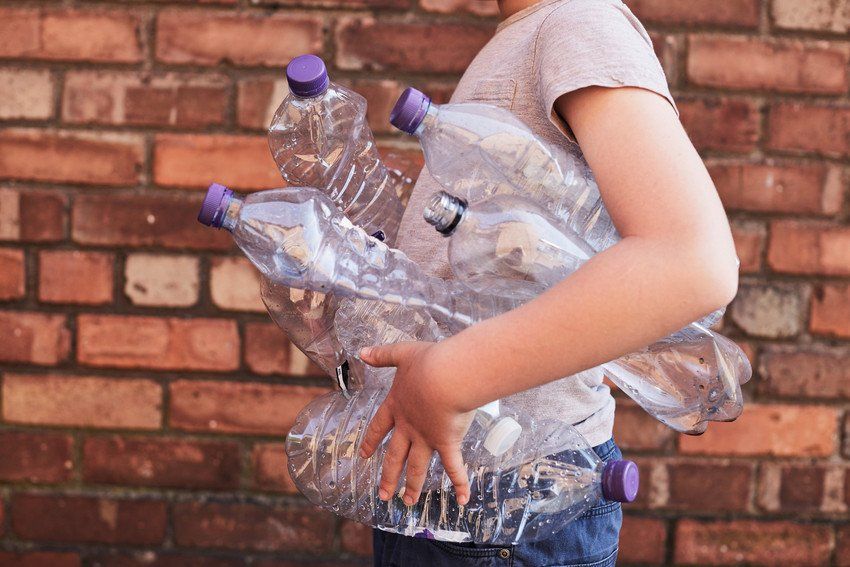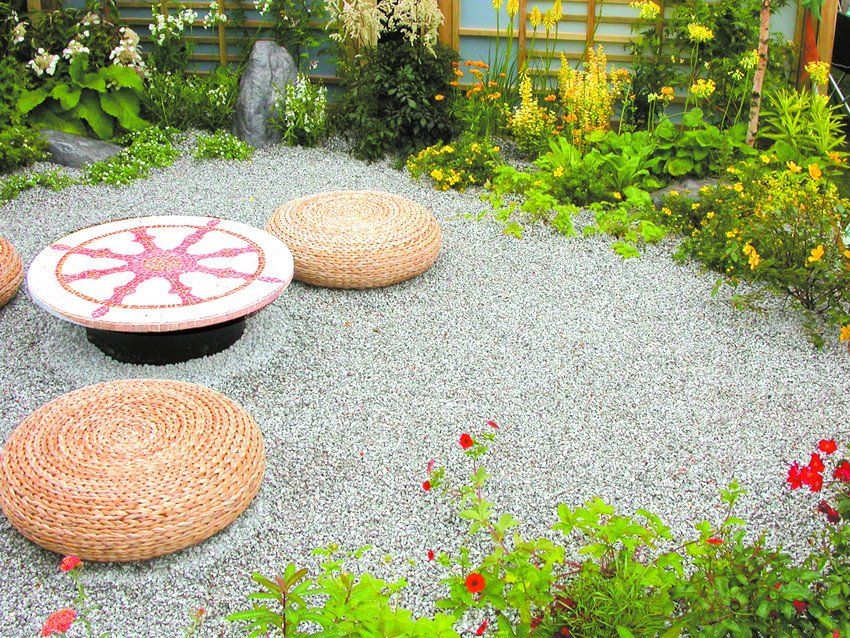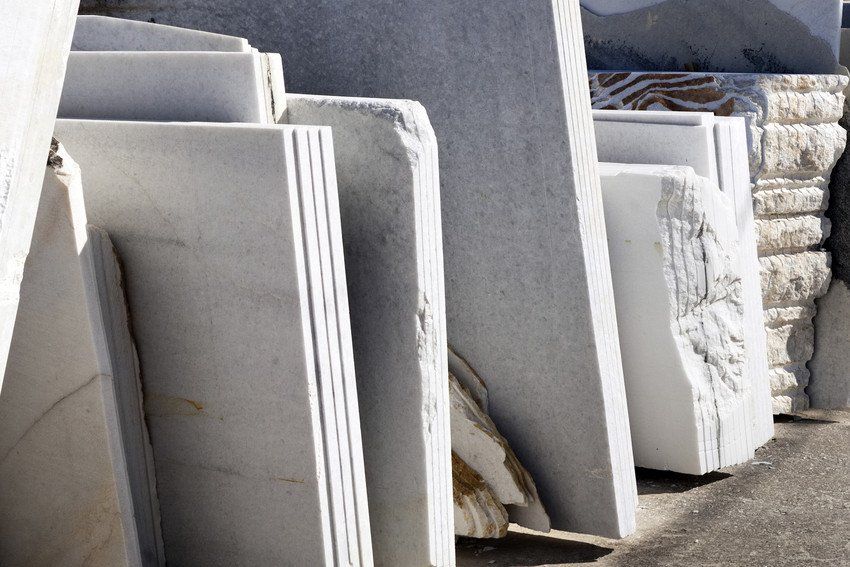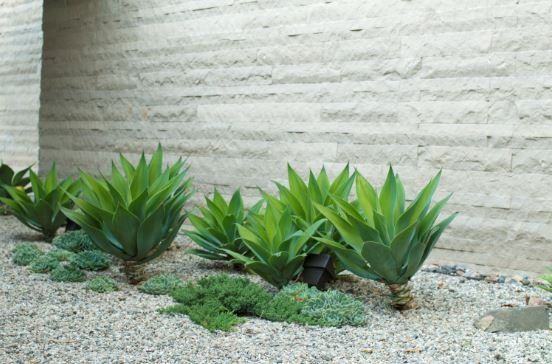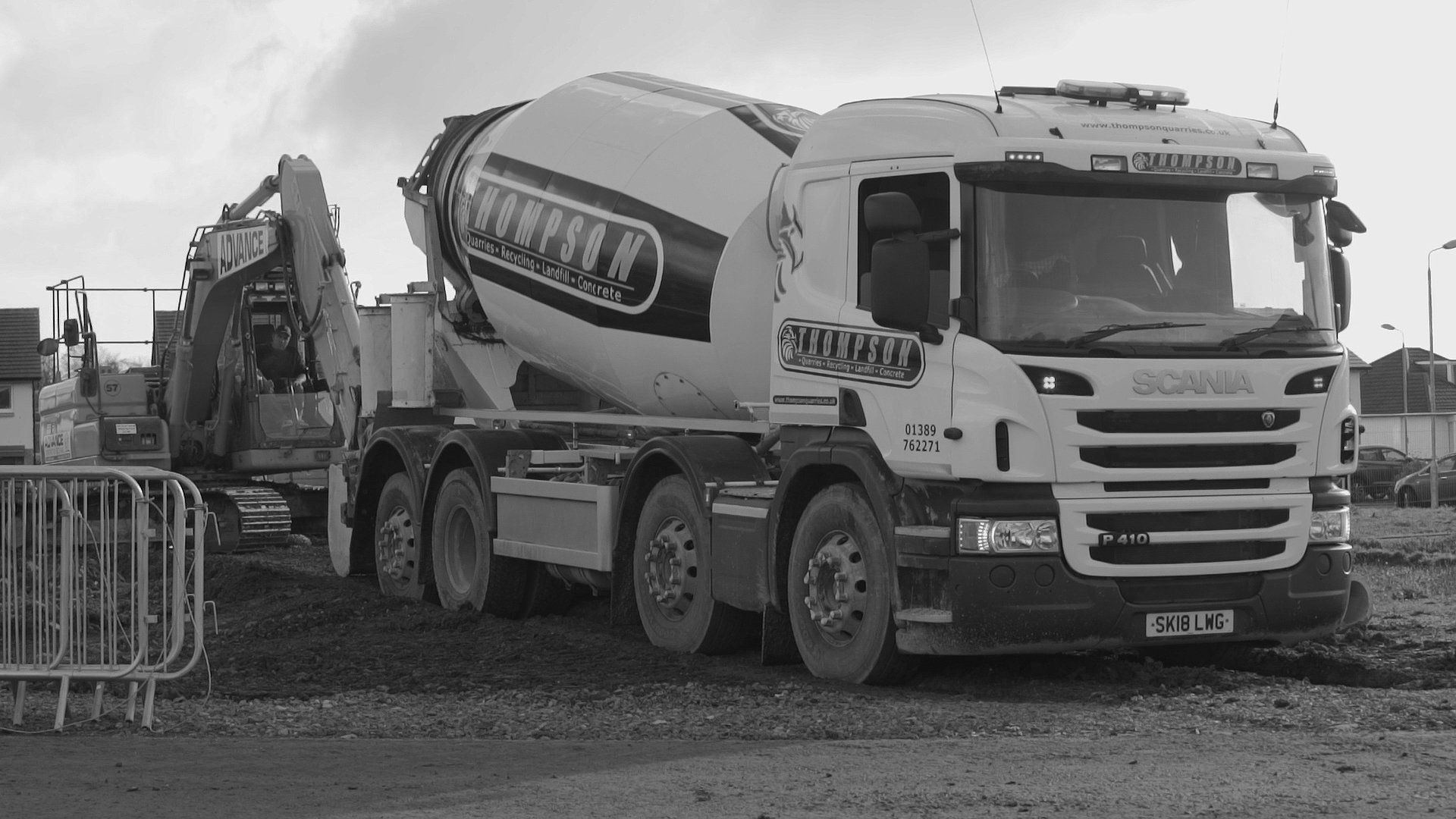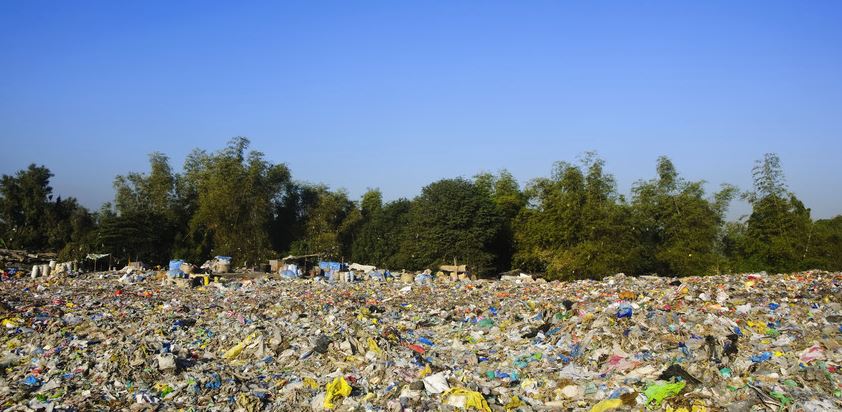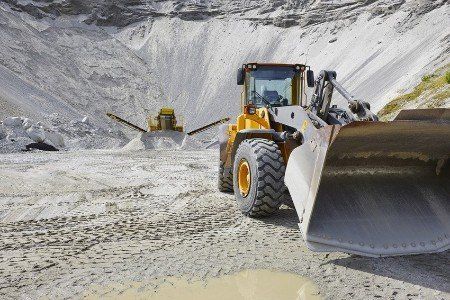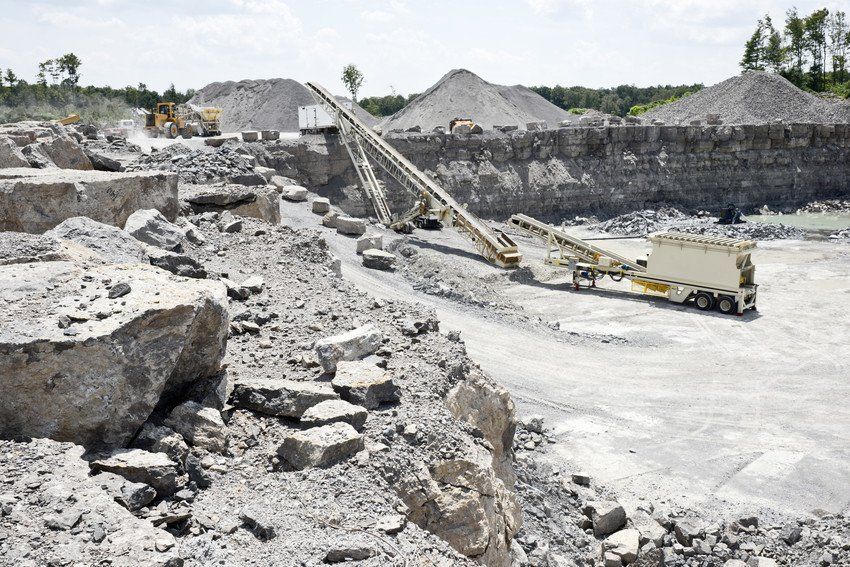Recycled Aggregate - Eco-Friendly Construction Solutions
- By William Thompson & Son
- •
- 23 Jan, 2019
- •
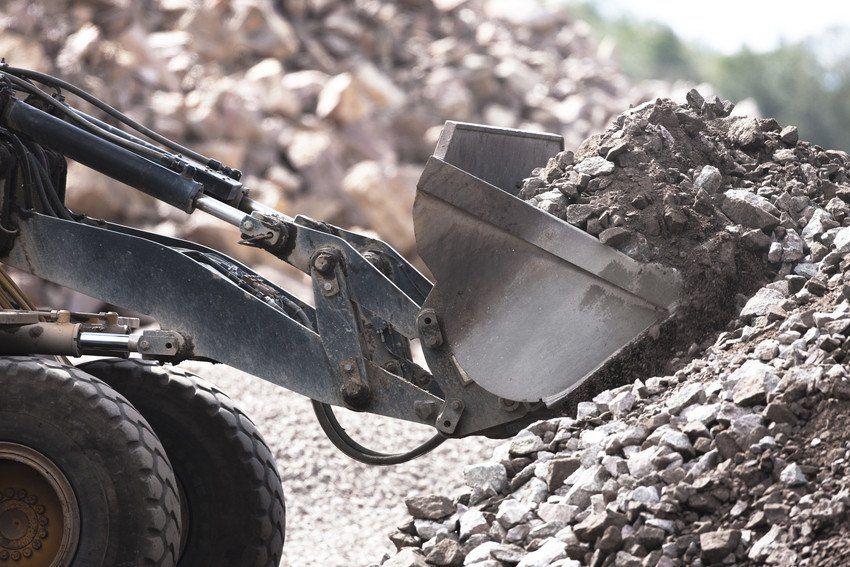
Over the last few decades, the
construction industry has grown exponentially. From the development of enormous
and unique skyscrapers to tower blocks ready to accommodate more families and
households, it’s no secret that with the rising population comes the need for
more buildings.
Construction may be an inevitable part of modern Britain, but the construction industry accounts for 20% of global emissions. This is a problem, particularly with the UN’s recent warnings on climate change and our imperative need to reduce our emissions drastically before it gets worse.
From roadworks popping up on your daily commute to dodging scaffolding poles whilst on a jog, construction is everywhere. So, how can the industry aid in reducing that terrifying percentage of emissions and work towards being more environmentally friendly? There are ways that the construction industry can counteract the amount of building work going on and this is by using eco-friendly materials.
The use of recycled and green materials are forever increasing by many construction companies. By implementing it in your own company will mean you’re making a positive and sustainable move in being environmentally responsible.
Recycled stone, sand and gravel - the basics of aggregates
An aggregate is an industry term for a material made up of a combination of different granular materials such as concrete, asphalt, different types of stone, brick, sand and gravel. Naturally then, recycled aggregates are made up of the same qualities, but is construction debris that is able to be reused in other building projects.
First and foremost, recycled aggregates are considered to be a green material throughout all forms of infrastructure. Green and eco-friendly materials are deemed essential for the construction industry’s growth and are key to reducing emissions and becoming an environmentally friendly sector.
Previously, leftover granular materials like gravel, brick and concrete debris were simply collated and sent to a landfill site. By using recycled aggregates within your company, it encourages workers and other companies to use recycling materials to create and contribute towards building structures rather than having to use energy to produce more fuel and vehicle emissions to collect material e.g. concrete deliveries and prevents companies from just ridding excess materials at a landfill site. And, with growing pressures to not use landfills, the use of green materials are helping the industry get a step closer to meeting national targets.
Using recycled aggregates also has its benefits. Firstly, they are incredibly durable when being used on buildings and foundations. They are also considered to be cheap building materials in comparison to purchasing natural resources and the cost of producing these supplies. As a construction company, consider that you could even create recycled aggregates yourself. Additionally, recycled aggregates are sustainable for the future and impact upon the environment. The figures speak for itself too - out of 200 million tonnes of aggregates used each year by construction and concrete companies, 57 million tonnes of that are from recycled aggregates and sustainable resourcing. And this figure is forever increasing!
How are recycled aggregates used in eco-friendly construction?
Whether created from concrete debris, gravel, various types of stone or other materials, recycled aggregates are becoming an essential part of the industry’s functionality as they can be used to recreate concrete and cement. Currently, the concrete industry makes up 30% of the total market for aggregates, and it is estimated that 165 million tonnes are used in the making of concrete on an annual basis.
Because they are becoming an essential part of the industry, recycled aggregates are used in a wide variety of ways. Here are some the areas of construction they’re used in:
● Building foundations and groundwork construction
● Road construction, such as new roads and pathways or filling in potholes
● The creation or maintenance of railroads
● The creation of concrete or cement to shape or mould in building structures
Recycled aggregates are being utilised across all areas of the industry. Therefore, it’s our responsibility to encourage and inspire the continued development of this material and the other creation of green and eco-friendly alternatives.
Future building trends and the importance of eco-friendly solutions
With 2019 in full swing, it’s important that building contractors and companies keep up to date with evolving trends and advancements to aid their own company’s growth. One trend to consider adapting your company to is green construction and learning about how to work towards decarbonisation.
Green construction will be something that is and will become increasingly more relevant and important in times to come. From building design and planning to construction and demolition, companies have or will be incorporating green technology into their projects. Longevity and removing the need for demolition and recreation of a building is the key focus with green construction and technology, and this includes the development of efficient and recycled resources.
Because of this, building methods are evolving also and research into greener methods of construction has increased. For example, there are developments within the industry that see cigarette butts being recycled into bricks and air conditioning systems that can be thermally driven. Plus, any newly built homes in residential areas, or eco-towns, are required to incorporate options like solar panels, smart metres and various other forms of smart technology.
If you’re a company who is on board with working with eco-friendly materials and solutions to aid our industry and work towards decarbonisation, here are some other building materials to consider using within your work:
● Recycled timber - as early as man, wood has been used in construction. As well as forest habitats promoting biodiversity, methods of harvesting timber are much less energy-intensive than other building materials. Consider using recycled or reclaimed timber from old buildings in the construction of new buildings.
● Recycled steel - the energy used to produce, mine and smelt steel is tremendous and, at times, unnecessary. Steel is a useful material due to its durability, water resistance and low maintenance, which is why its so widely used within the industry. However, recycled steel from demolition sites can be shaped and smelted quickly and it reduces the energy costs of producing new steel by 75%.
● Sheep's wool - as a completely naturally harvested resource, sheep’s wool is being used more and more in the construction industry due to its insulating properties. It’s used in walls, attics and ceilings as it’s more energy-efficient and doesn’t degrade as easily. It is, however, more expensive than other insulating materials.
● Bamboo - an odd one, granted, but bamboo is being used more and more in the industry as it’s one of the most eco-friendly materials on the planet. Its self-generation means materials can constantly be harvested and it’s also incredibly durable as it’s considered to have greater compressive strength than concrete.
W M Thompson & Son - providing recycled aggregate products in Dumbarton, Glasgow and Lanarkshire
At W M Thompson & Son, we pride ourselves on that we maintain traditional values whilst keeping up with modern technology and building trends - this includes eco-friendly construction and promoting the use of recycled aggregates.
Since 1946, our family run business has provided all sorts of construction products in Dumbarton and surrounding areas. As one of the leading quarrying and aggregate businesses in the west of Scotland, we are leaders in green construction and sustainability and it’s at the forefront of our business those. Our competitive prices and high-quality services mean we can provide recycled aggregate products to construction companies across Scotland. As well as recycled aggregates, we can provide many other services including quarry products (type 1, stone, gravel and sand), concrete deliveries, landfill and waste disposal, plant equipment hire and haulage services. Contact us today for more information on our services.

